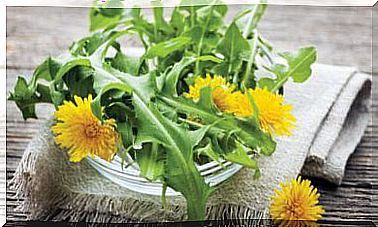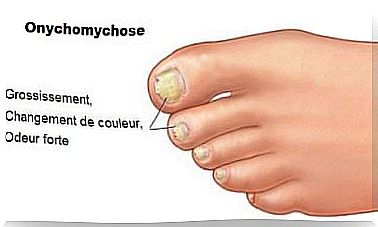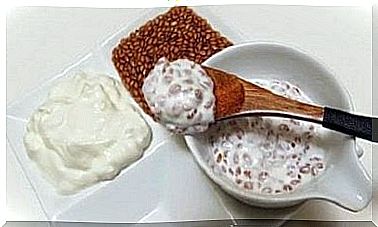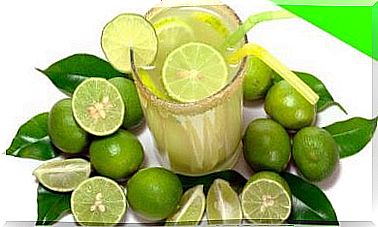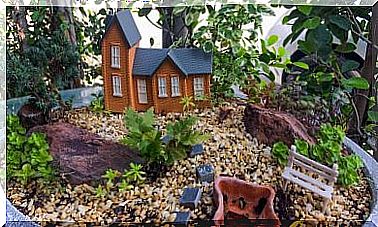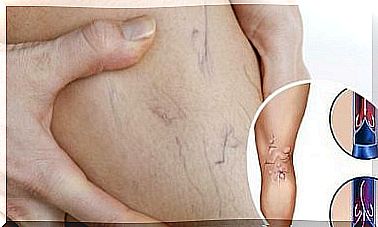5 Ecological Fertilizers To Nourish Your Plants
In addition to helping us to fertilize the plants and provide them with nutrients, coffee and eggshell are very useful in maintaining many plant pests. away from our planters.
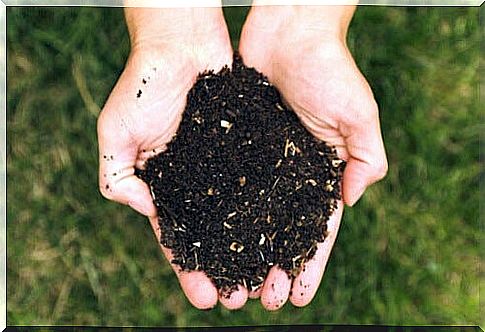
Fertilizers are products used in the garden, the purpose of which is to nourish the plants to stimulate their growth, and to prevent them from wilting.
Nowadays, there are many varieties of products and brands on the market, which seek to meet the needs of all types of crops and soils.
However, these treatments are often loaded with chemicals which, in the end, are just “junk food” for plants.
Although they allow us to feed our plantings faster, they dry out the soil and must be applied regularly for the plant to be healthy.
Knowing that commercial fertilizers can have a negative impact on the environment, many people are looking for effective ecological alternatives, to nourish the plants without damaging nature.
In this article, we would like to share with you a list of ingredients that you surely have at home, and that can help you make your garden more fertile.
1. Leftover coffee
The coffee we have left after making this delicious drink is an excellent fertilizer, especially for plants that like acidic soils, such as:
- Blueberries
- Roses
- Azaleas
How to use them?
- Place 3/4 of a cup (86 g) of leftover coffee near the roots of your plant. Repeat the process once a month.
- Another option is to immerse 6 cups of leftover coffee in a bucket filled with water.
Then let it sit for two or three days, before spreading the mixture all over the garden soil.
2. Eggshells
Although they are often used with other ingredients, eggshells can be planted on their own, as their high calcium content will help prevent blossom end rot in tomato and pepper plants.
They are also very healthy for fruit trees, roses and other types of aromatic herbs. You can use them on a regular basis.
How to use them?
- Wash the shells well, then let them dry. When they are ready, reduce them to powder, which you distribute around the plants of your choice.
3. Banana peel tea as a fertilizer
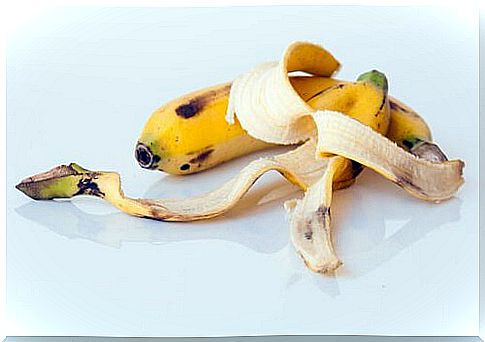
Potassium is considered to be one of the most important nutrients for plants, after nitrogen.
This mineral is involved in the process of photosynthesis, in the osmoregulation of water and in the formation of resistant tissues of the plant.
When plants are easily crumbled, appear cloudy, and flowering is subdued, they are likely to be suffering from potassium deficiency.
To provide them with a good amount of this nutrient without resorting to chemicals, you can use banana peel tea.
How to use it ?
- Cut the banana peels into small pieces, then boil them in water for 15 minutes.
- When your infusion is ready, let it sit. Then add two more cups of water to it, before pouring it into the plant soil of your choice.
4. Weeds
Many people don’t know it, but plants called “weeds” can be very useful for nourishing the garden.
The nutrients they can provide vary depending on the plant you use:
- Nettle contains nitrogen and iron.
- Dandelion can provide calcium and magnesium.
- Quackgrass contains potassium.
How to use them?
- Put the herbs on a cloth, which can also be used as a filter, and arrange everything on top of a small container.
- Pour water over the herbs, then let them ferment for 10 days, stirring them daily.
- Once the time is up, use them as a fertilizer.
5. Wood ash
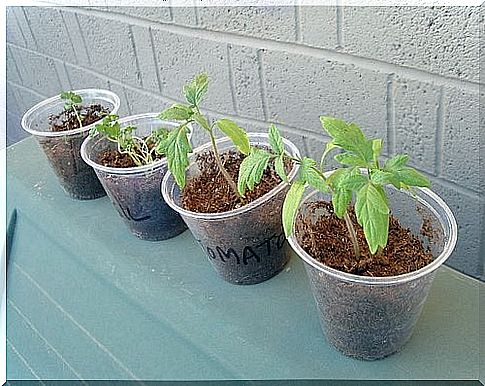
Wood ash is rich in potassium and phosphorus. The latter mainly participates in the ripening of flowers and fruits, while enhancing their aroma and flavor.
Ashes are also very useful in keeping pests away.
However, they can alter the pH of the soil, and are not recommended for soils that are too acidic.
Before preparing your ashes, it is important to check that they do not come from wood containing heavy metals, or other polluting products.
How to use them?
- Dilute a good amount of ash in water, and use the resulting liquid to water your plants daily.
- You can also lay a layer of ash around the plants, two to three centimeters away from the stem.
As you can see, there are many varieties of naturally occurring fertilizers that are healthier and more economical than those sold in the store.
These ingredients will bring important nutrients to your soil, while transmitting beneficial microorganisms.
How about trying it out today?
